Schaeffer Says Cooperation is Essential for Conservation
This article is part 4 of a 4-part series on the Pennsylvania Fish and Boat Commission’s current and most recently retired Executive Directors: Tim Schaeffer and John Arway, respectively. RiverStewards is a proud supporter and partner of the Commission and all the great work that it does to protect and enhance Pennsylvania’s waterways, aquatic habitat, and recreational amenities.
“We have a relatively small staff for a state agency,” Schaeffer said. “We couldn’t do all that we do without our partners out in the field.”
These partners include colleges, universities, non-profit organizations, and members of the public. A notable example of the Commission interfacing with the public is the Unassessed Waters program.
“Through the Unassessed Waters program, we’ve worked closely with colleges and universities to get out and access whether or not there are naturally reproducing wild trout populations in PA waterways,” Schaeffer explains. “If there are trout populations, this information is shared with us, and our board of commissioners designates the streams as wild trout streams.”
According to Schaeffer, the program has helped to establish strong partnerships between the Commission and the public, and has been a tremendous assistance to the Commission. Schaeffer notes the Commission also regularly works with local land trusts, Trout Unlimited chapters, and conservation groups.
“All of these groups are of critical importance to us,” Schaeffer said.
The Challenges of Protecting our Waterways
“Water pollution issues are always at the forefront for the Commission,” Schaeffer said.
Some of the more critical pollutants include improperly disposed of pharmaceuticals as well as nutrient and sediment pollution from agriculture and land development. Part of the challenge in addressing these issues is clearly and successfully communicating their importance to the Pennsylvanian public.
One way the Commission communicates these issues is through its work with organizations like Geisinger Health System to educate the public on proper medication disposal and provide disposal boxes. Additionally, the Commission works with land trusts to share with farmers and landowners the benefits that riparian buffers and fish habitats have on local water quality.
Lastly, Schaeffer credits the Commission’s Water Conservation Officers as a vital avenue of communication with the public. Ultimately, the challenge is to make water quality issues as relevant as possible to anglers, boaters, and, especially, the public.
How We Can Make a Difference
Schaeffer encourages anyone who is interested in environmental science, conservation, or simply protecting our local waterways and wildlife, to be active in local government. Let your elected officials – whether they are local, municipal, state, or federal – know you care about clean water. Even more so, simply speak out, take part in volunteer opportunities – be seen and be heard. And lastly, get out on the water.
“Just get on the water so you can experience it. Take your kids fishing. Take a friend. Take a colleague. This is a really special place, so help connect others with our waterways,” said Schaeffer.
Schaeffer feels both confident and optimistic that we can continue to make positive changes to our water, our wildlife, and our environment.
“There are places that we now stock trout that you would never have imagined years ago that there would be any fish,” he said. “If you do the right thing, if you’re thoughtful, patient, and deliberate, you can bring a body of water back.”
To learn more about the Pennsylvania Fish and Boat Commission, visit www.fishandboat.com.
- Schaeffer Says Cooperation is Essential for Conservation - April 23, 2019
- Kayaking Through Pennsylvania History - December 29, 2016



